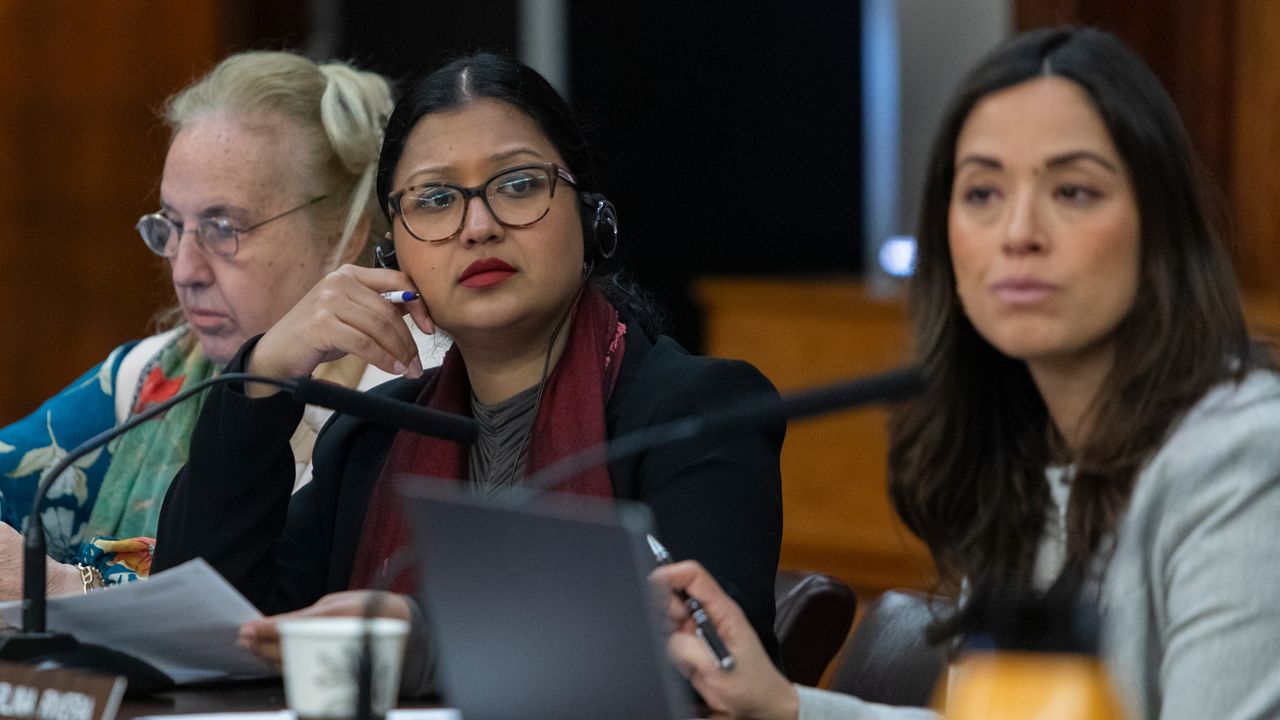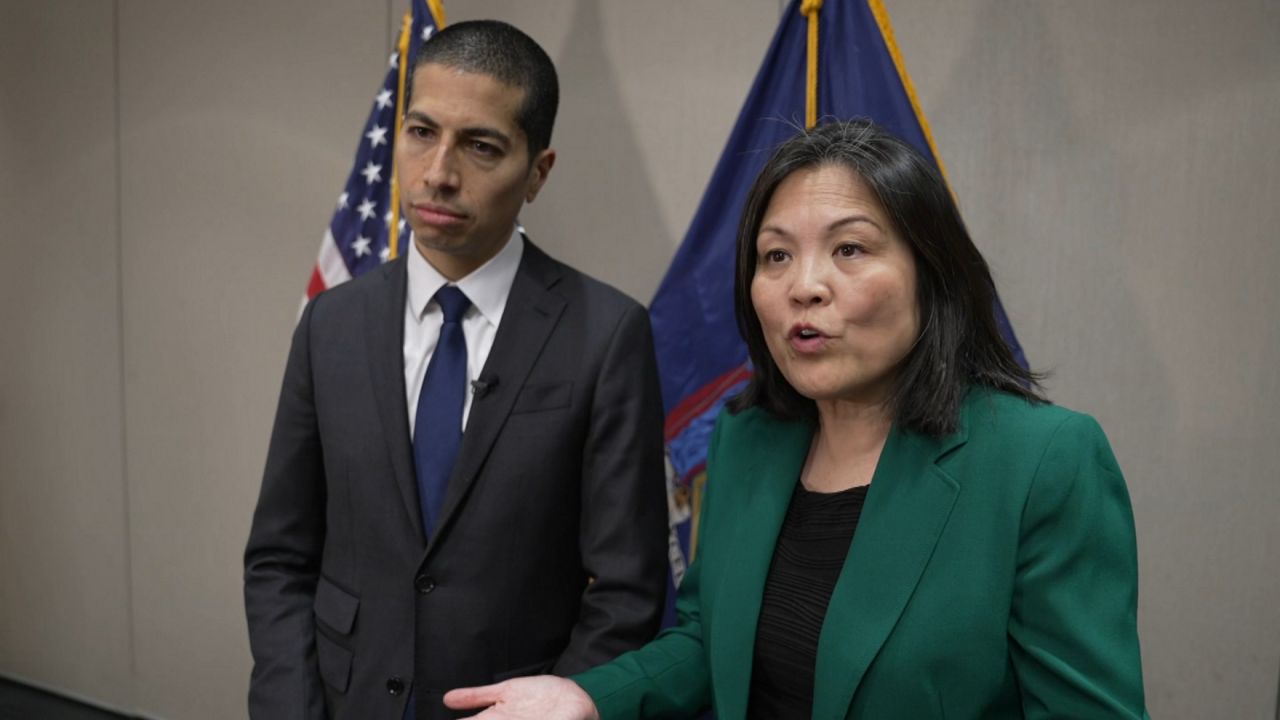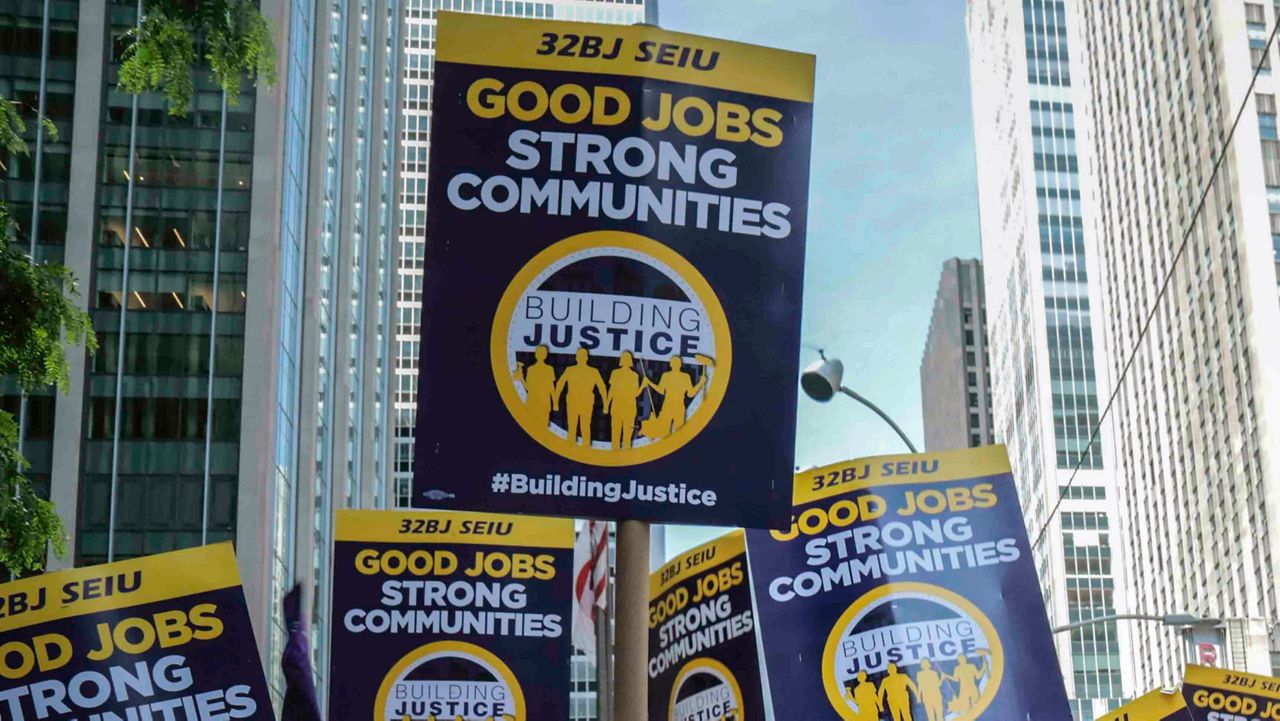While the influx of migrants has been unfolding for more than a year now, one point of confusion has persisted: whether or not migrants are here legally.
The answer, in most cases, is yes — though an individual’s legal status could change.
What You Need To Know
- The overwhelming majority of migrants in New York City have the legal right to stay in the U.S. while they seek asylum
- Many migrants who crossed the border without authorization were given a notice to appear before an immigration judge
- After an initial hearing before an immigration judge, migrants must generally wait years for an asylum hearing
- Asylum seekers must make a case they are fleeing persecution in their home country or their application will be denied
“Migrants who are in New York right now who are seeking asylum are in the country legally — for the time being,” said Aaron Reichlin-Melnick, policy director at the American Immigration Council.
Those who work with arriving migrants say the overwhelming majority are seeking asylum.
Some migrants presented themselves at a crossing on the U.S.-Mexico border, but even those that crossed without authorization were likely released by U.S. Customs and Border Protection with a notice to appear before an immigration judge.
“It can be simultaneously true that someone can make an entry that is technically unlawful, but then be given permission to remain in the country while they go through a legal process,” Reichlin-Melnick said.
“They’re seeking asylum in this country, and it’s their legal right to do so,” said Murad Awawdeh, executive director at the New York Immigration Coalition.
Advocates like Awawdeh say the problem is an immigration system that is overwhelming and overwhelmed.
After an initial hearing, migrants must generally wait years for an asylum hearing.
“An asylum case can take up to two to five years or longer,” he said. “Even people who are checking in here, and doing the right thing, they’re supposed to check in with immigration officials every so often. Folks are having a hard time even checking in.”
Those seeking asylum must generally make a case they are fleeing persecution.
Experts say there are wide disparities in the approval rate.
“Some nationalities have a much higher chance of winning their asylum cases than others,” Reichlin-Melnick said. “And so you will see some people winning, without a doubt. You’ll see thousands of people are eventually going to be granted asylum. But it’s true thousands more will be denied at the end of the day.”
For those who believe migrants in the current wave are being insufficiently screened, some experts note there was also minimal screening at Ellis Island, where only 2% of arriving immigrants were turned away.
One difference then was that the city did not take on the burden of housing, feeding and clothing of the new arrivals.
“The distinction about this group is that there’s a fiscal cost associated with it,” said Muzaffar Chishti, a senior fellow at the Migration Policy Institute who is based in New York. “And the fiscal cost is in the city coffers. And that has come almost exclusively in the form of housing. That makes it a different chapter.”




%20PKG%20migrants%20legal%20or%20not%20explainer%20CLEAN?wid=320&hei=180&$wide-bg$)




